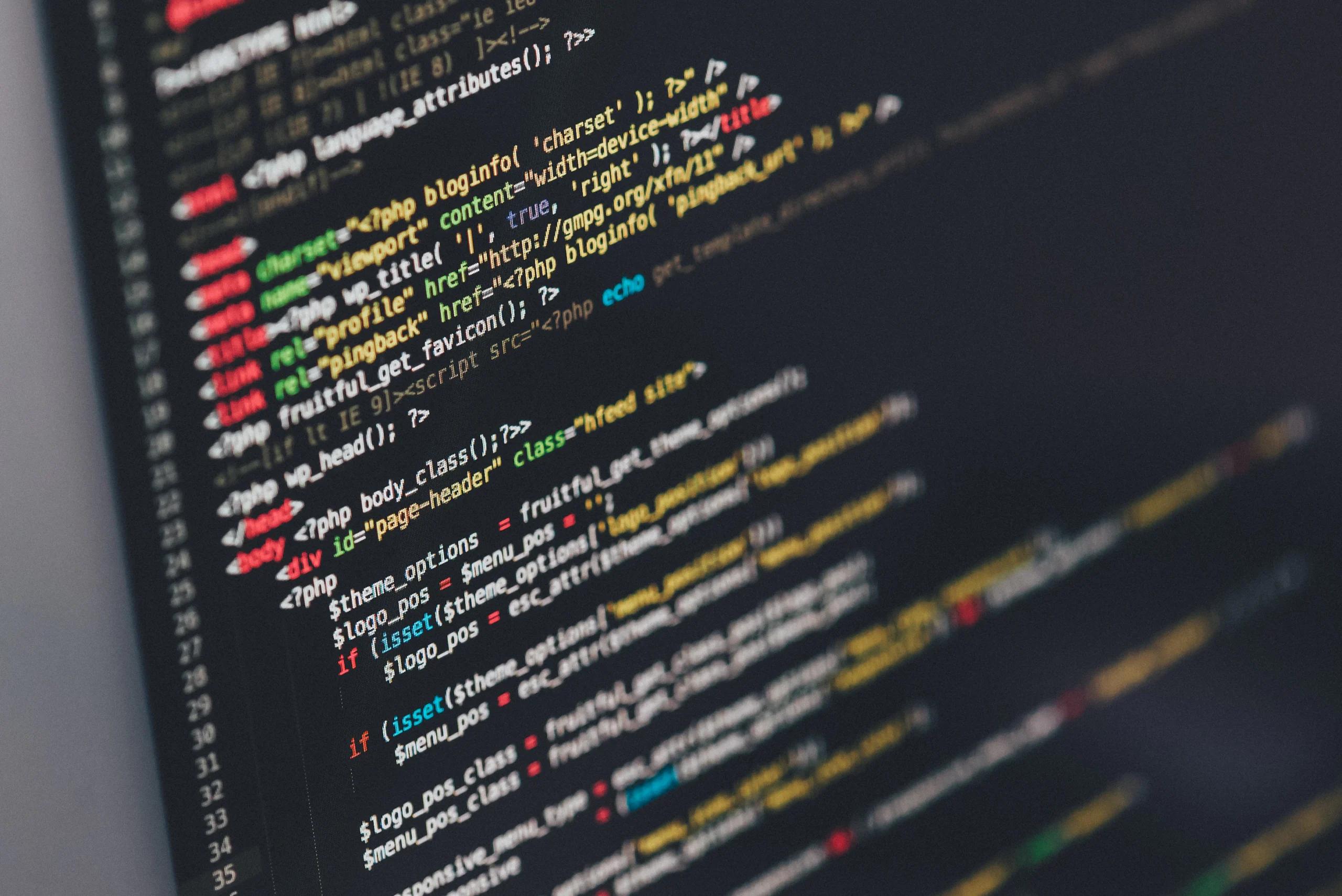Oracle and Google are finally back in court over Java, the programming language for web content, to continue their six-year-long copyright fight. Google will now have to prove that the inclusion of 37 Java application program interfaces (APIs) in its Android operating system was fair use and not infringement. Java API is part of the Java development kit, and it includes classes, packages, and interfaces, and their methods. APIs allow program interaction, but are not the code itself that implements programs.
Back in 2010, Oracle sued Google for copyright infringement, but a jury ruled that the Java APIs were not copyrightable. A judge also refused to overturn. At the time, the judge said:
So long as the specific code used to implement a method is different, anyone is free under the Copyright Act to write his or her own code to carry out exactly the same function or specification of any methods used in Java API. Under the rules of Java, they must be identical to declare a method specifying the same functionality – the implementation is different. When there is only one way to express an idea or function, then everyone is free to do so and no one can monopolize that expression. And while the Android method and class names could have been different from the names of their counterparts in Java and still have worked, copyright protection never extends to names or short phrases as a matter of law.
However, in 2014 on appeal, a three-judge panel reversed the ruling and said that the “structure, sequence and organization” of the APIs were copyrightable because they were creative and original, and that there wasn’t only one way to express the APIs. In fact, the court said there were an unlimited number of ways. Also, the court found that those short phrases were creative, and that it was the combination of the elements of the Java APIs that made them creative.
Initially when Google was developing Android with the Java APIs, it tried to negotiate licenses with then-owner Sun Microsystems, but those talks fell through. After being sued in 2010 when Oracle acquired Sun Microsystems, Google argued that its use of the Java APIs was fair use because it is open source, meaning the source code is free and anyone can modify and redistribute it, and Java APIs are required for its use.

Where creative minds come together
Google is also arguing that the use of the Java APIs became transformative when it added them to the Android operating system, something Oracle had some trouble with in its own mobile phone development. “Transformative use” is the key to fair use findings; that is, the second use brings a new expression, meaning or message to the first, instead of simply superseding it. The court will also look at the four-factor fair use test as it assess whether this was a transformative use, which is almost never cut-and-dry, as certain factors will weigh heavier, depending on the particular facts of a case.
This is going to be a highly watched trial, so stay tuned to our blog for more updates.



